Special topic of Yunnan Coffee Iron Card description of the flavor and taste of Yunnan small-grain coffee beans hand-brewed coffee
Yunnan Province is the only producing area in China that can produce high-quality Arabica coffee, although the coffee industry is not the main production direction for China's agricultural development, and there is no strong policy support for development. However, Yunnan is very sacred to our coffee-related partners, and in recent years, many coffee people from coastal areas have stepped into Yunnan to develop our coffee growing industry, because we firmly believe that Yunnan coffee can also grow coffee comparable to Ethiopia and Panama.
Yunnan producing area
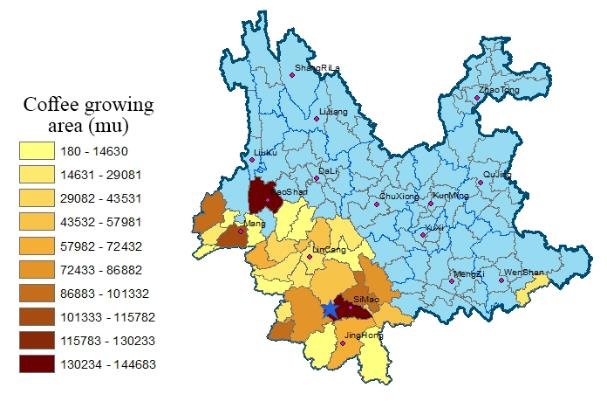
Yunnan lies between 21 °8 °N and 29 °15'N, and is located in the coffee growing zone. In addition, Yunnan is on the second ladder of China's topography, with mostly mountains and hills, most of which are between 600 and 3000 meters above sea level. The hottest monthly mean temperature in Yunnan is 19: 22 ℃, and the coldest monthly average temperature is 6: 8 ℃, with a large temperature difference between day and night. Yunnan has no distinct seasons in spring, summer, autumn and winter, but it has two distinct dry and wet seasons. The rainy season is from May to October and the dry season is from November to April of the following year. The average annual precipitation in most parts of Yunnan can reach 2200 to 2700 mm.
The coffee growing areas in Yunnan are mainly distributed in the southwest of Yunnan Province: Lincang, Baoshan, Pu'er and Dehong. Under the environmental conditions needed to grow high-quality coffee, Yunnan is only on the qualified line. If you want to grow high-quality coffee, you must redouble your efforts.
The history of coffee growing in Qianjie was six months earlier than that in stores. At that time, coffee was grown in a place called Dazhen in Guangdong. When we used Katim to grow seedlings to 20CM, it took us more than half a year to understand the relationship and order of variety, altitude, and treatment methods.
Choose the right variety, plant it at an appropriate altitude, and test a treatment that can express its unique flavor when it is mature, which is the only logical relationship that Qianjie believes that boutique coffee can have obvious regional flavor.
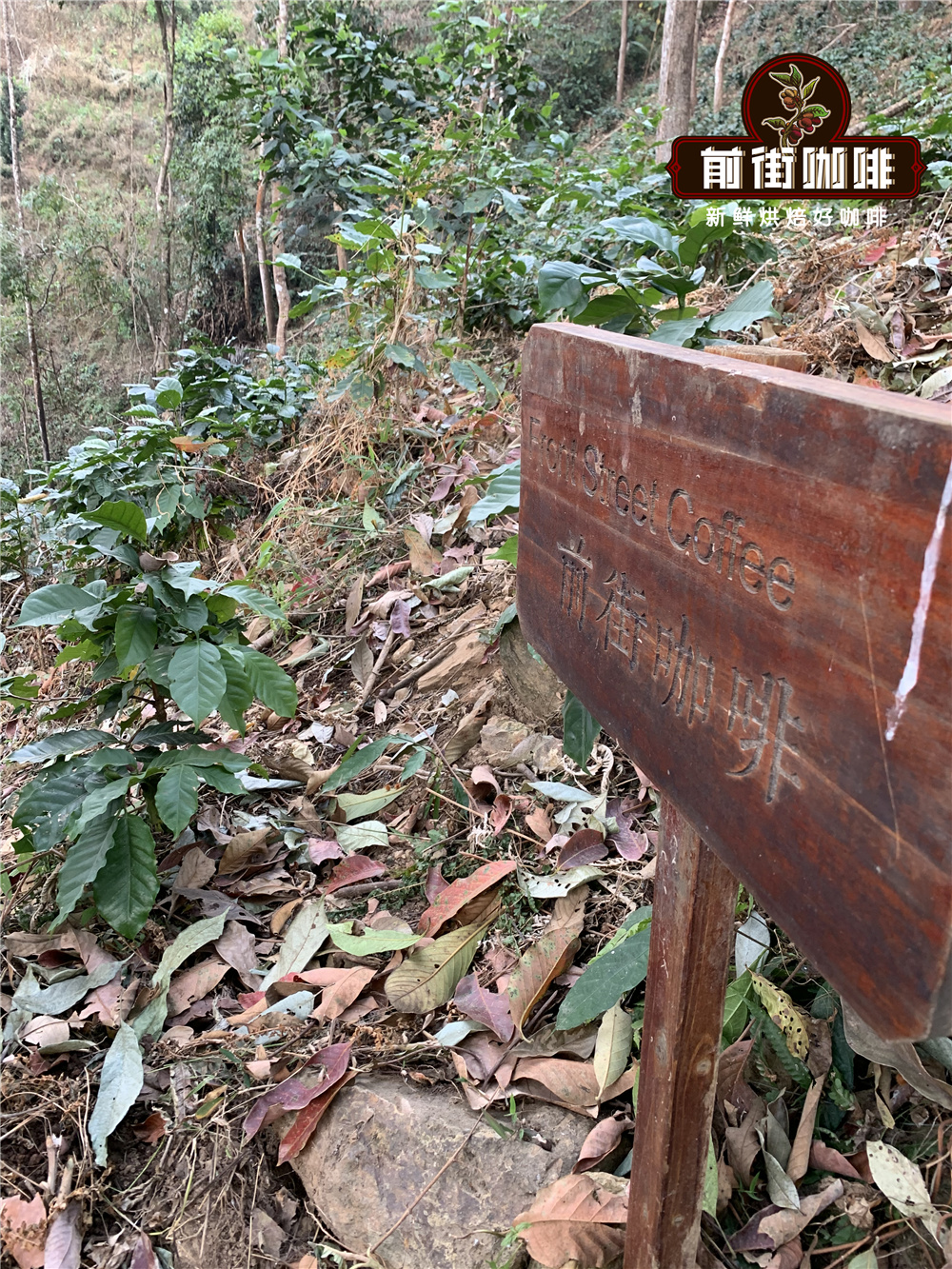
So we gave up our plan to grow coffee in Guangdong, because the place where the coffee was originally baked was in Baoqian Street, so we renamed "Big Town Coffee" to "Qianjie Coffee". In Qianjie, while baking coffee, we continued to move forward with the idea of growing fine coffee, and successively visited the Institute of Hot Science (Tropical Agricultural Science Research Institute), which had in-depth research on coffee cultivation and the coffee provenance bank of the Ministry of Agriculture, and a small number of farmers who planted fine coffee. We found out the reasons why Yunnan did not grow the mainstream varieties of fine coffee, such as Tielka and bourbon, and found suitable land for planting under the circumstances of coincidence.
Arabica coffee beans are required to grow at an altitude of more than 1000 meters. If you want a better flavor, the higher the altitude you plant. But the elevation of Yunnan universal mountains is only on the qualified line, which is also the disadvantage of Yunnan coffee. In order to make up for the deficiency in altitude, it is necessary to pay better agronomic management under the premise of good coffee varieties.
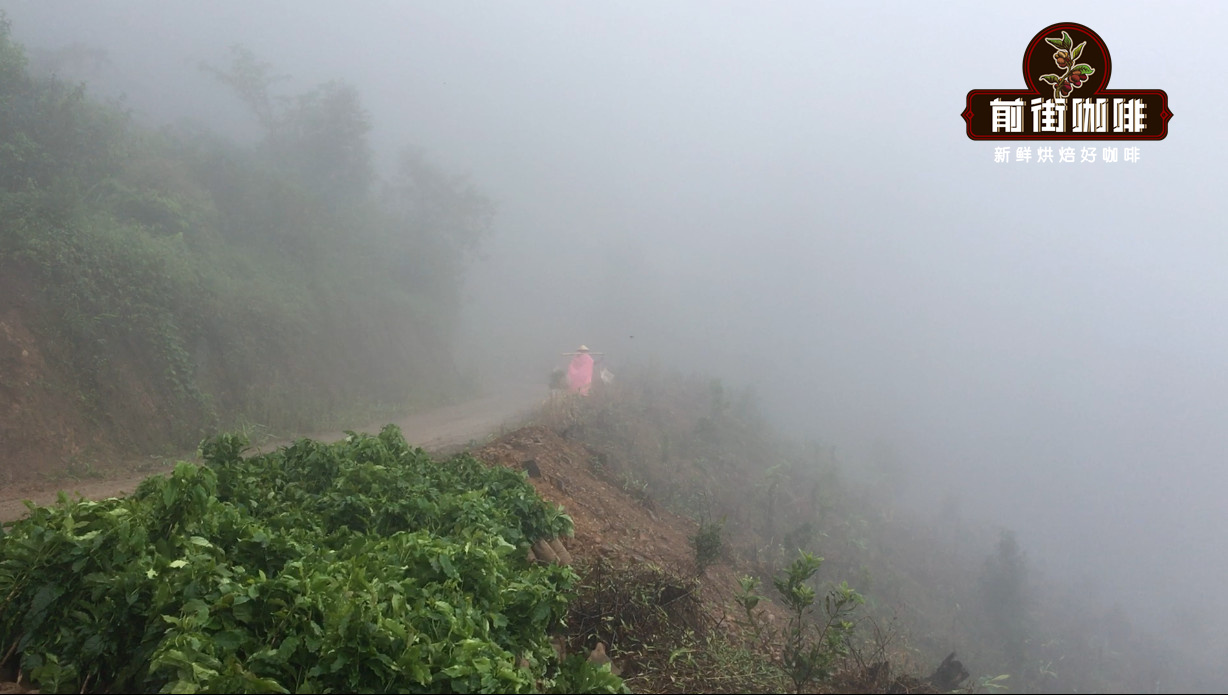
Qianjie did not buy a ready-made coffee farm, but bought a piece of hills suitable for growing coffee, because Qianjie knew that no matter how good the land was, the coffee grown by unsuitable coffee varieties would not have a good flavor (Katim was common in Yunnan at that time). So I chose a way to grow coffee from scratch.
The coffee variety grown in Qianjie is iron pickup, which is the Arabica species with excellent flavor in coffee. At the same time, the output of iron pickup is very low, which is 1/3 of that of Katim, so why is the price more expensive? At the same time, tin card and bourbon are also very easy to get rust, which is one of the reasons why farmers are reluctant to grow Arabica.
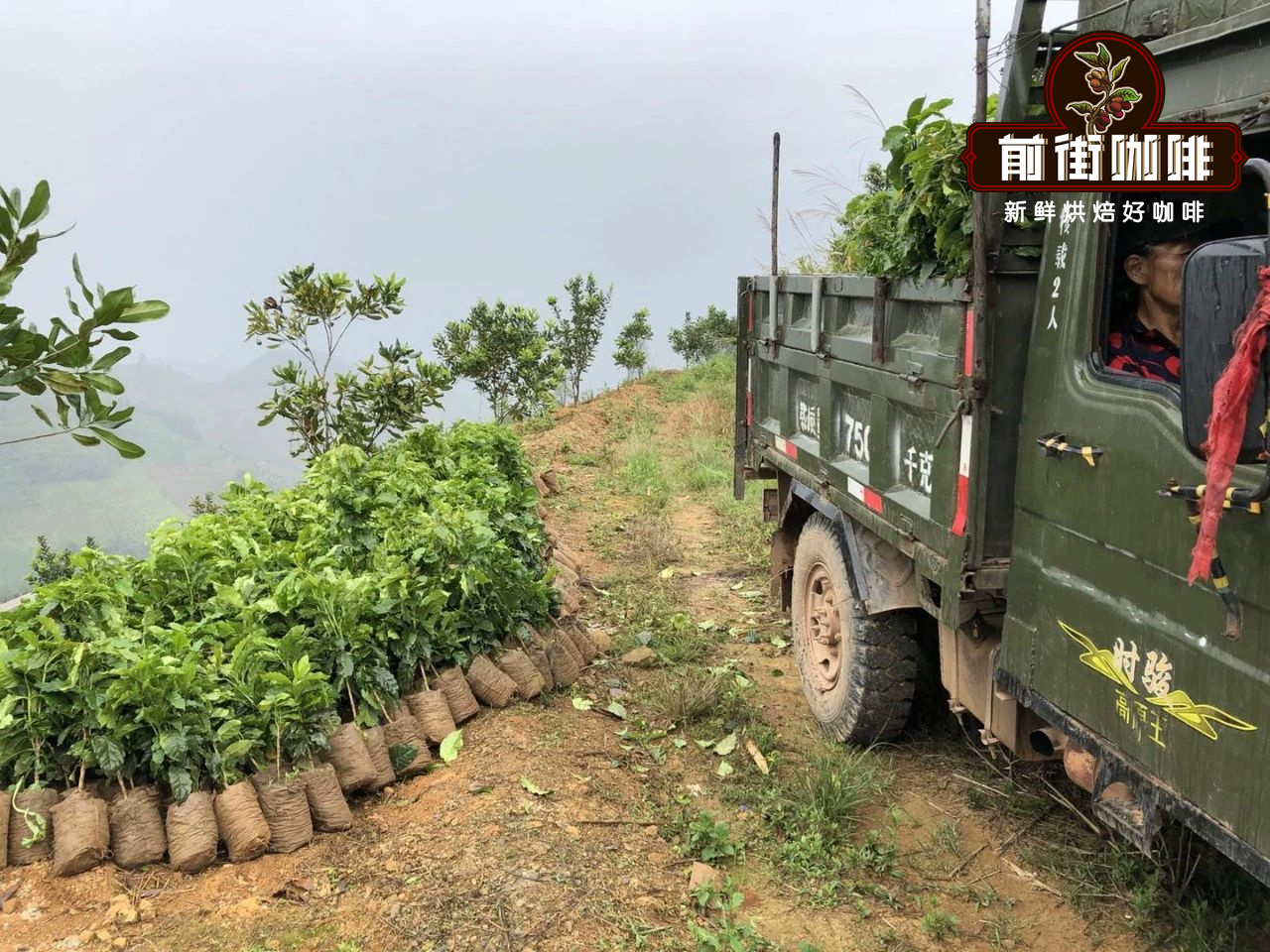
There are no four seasons in Yunnan, only dry season and rainy season, and the same is true in most coffee producing areas, which is the root cause of the use of tanning in some producing areas. June is the beginning of the rainy season in the producing areas, and it will rain for the next three or four months, which is the most favorable time for growing coffee. Only when seedlings are planted at this time and moistened by Rain Water for a few months will they be able to grow well-developed roots to survive the first half-year dry season.
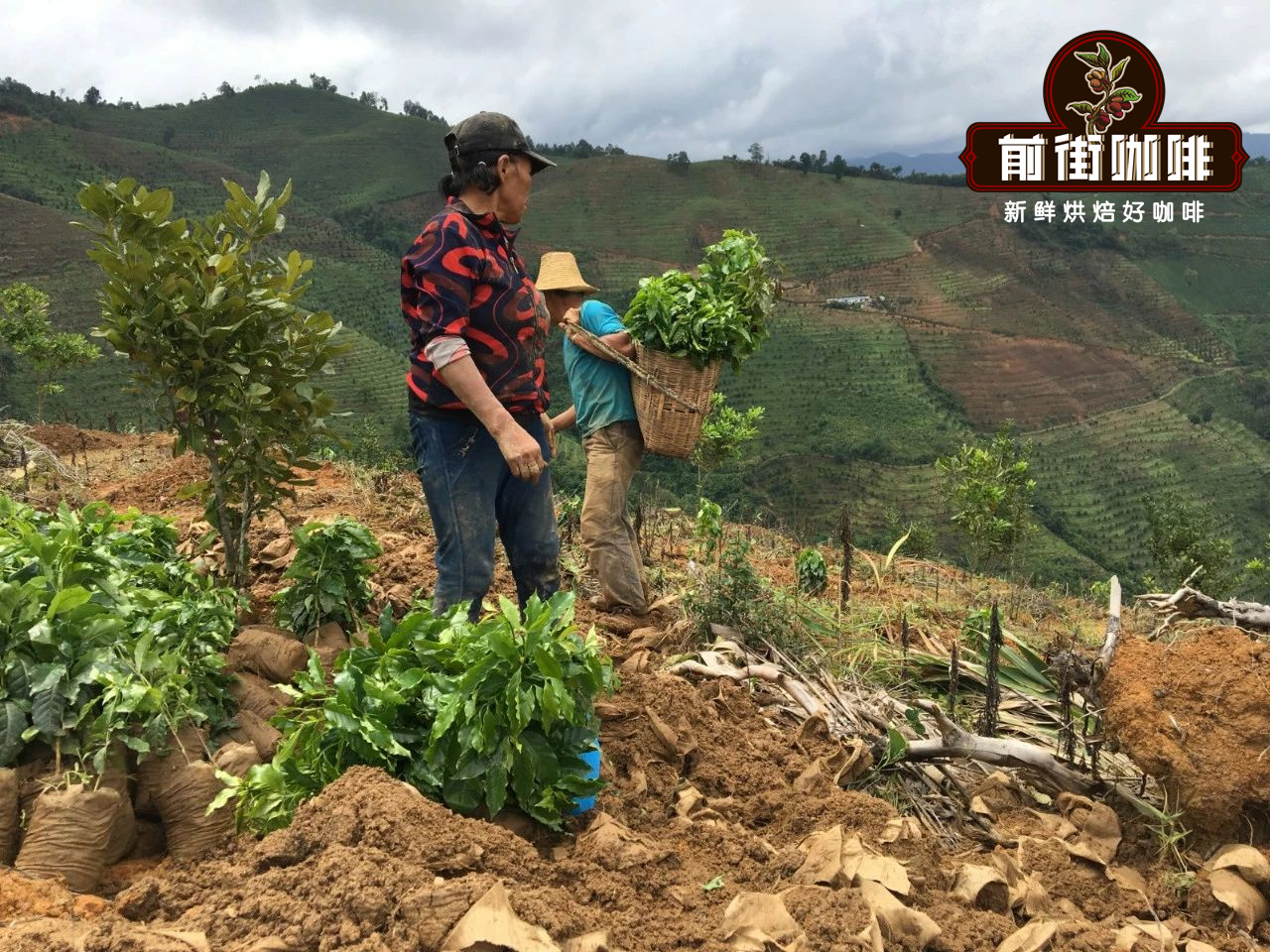
Growing coffee from scratch is also a matter of high time cost. It takes three to four years from the seedling to the first fruit, and then try the right treatment and eventually reproduce it, and it will take as little as five years to get the first batch of coffee. No one can guarantee the production of high-quality high-quality coffee. Qianjie is convinced that there is nothing so easy in the world. After many breeds are selected and refined after fruit production, several years will pass.
Due to the epidemic last year, last year's trip to Yunnan was delayed until this year.
This is the coffee tree planted in Qianjie in May 2016, and now it is more than 3 meters tall.
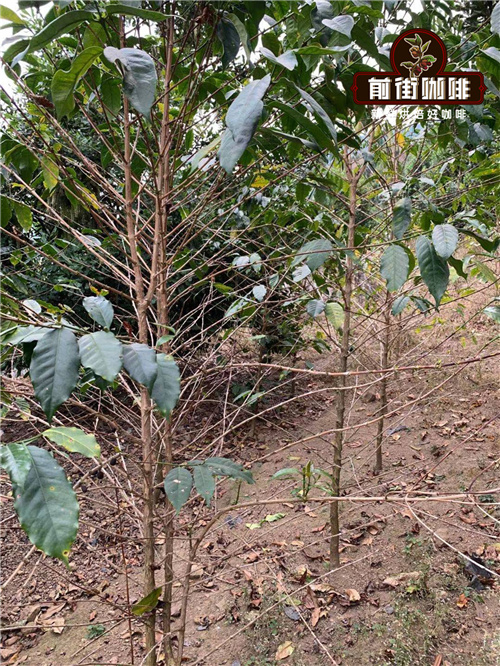
The tin card seedlings planted in May 2019 now have luxuriant leaves.
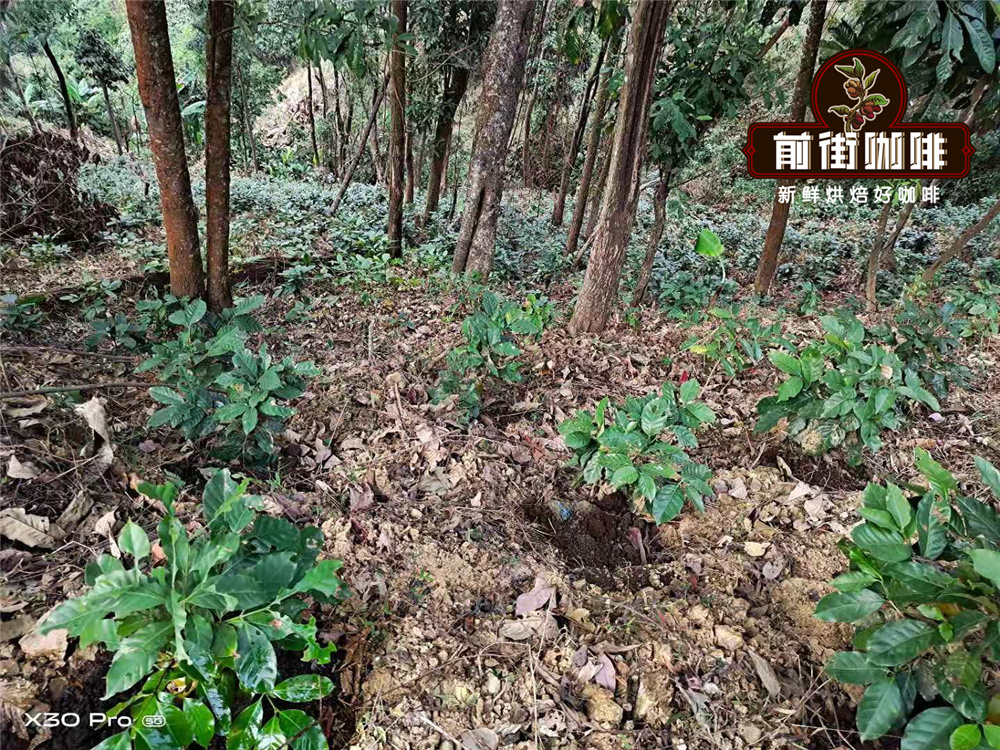
The output of coffee in Qianjie in Yunnan this year is about 100 kilograms.
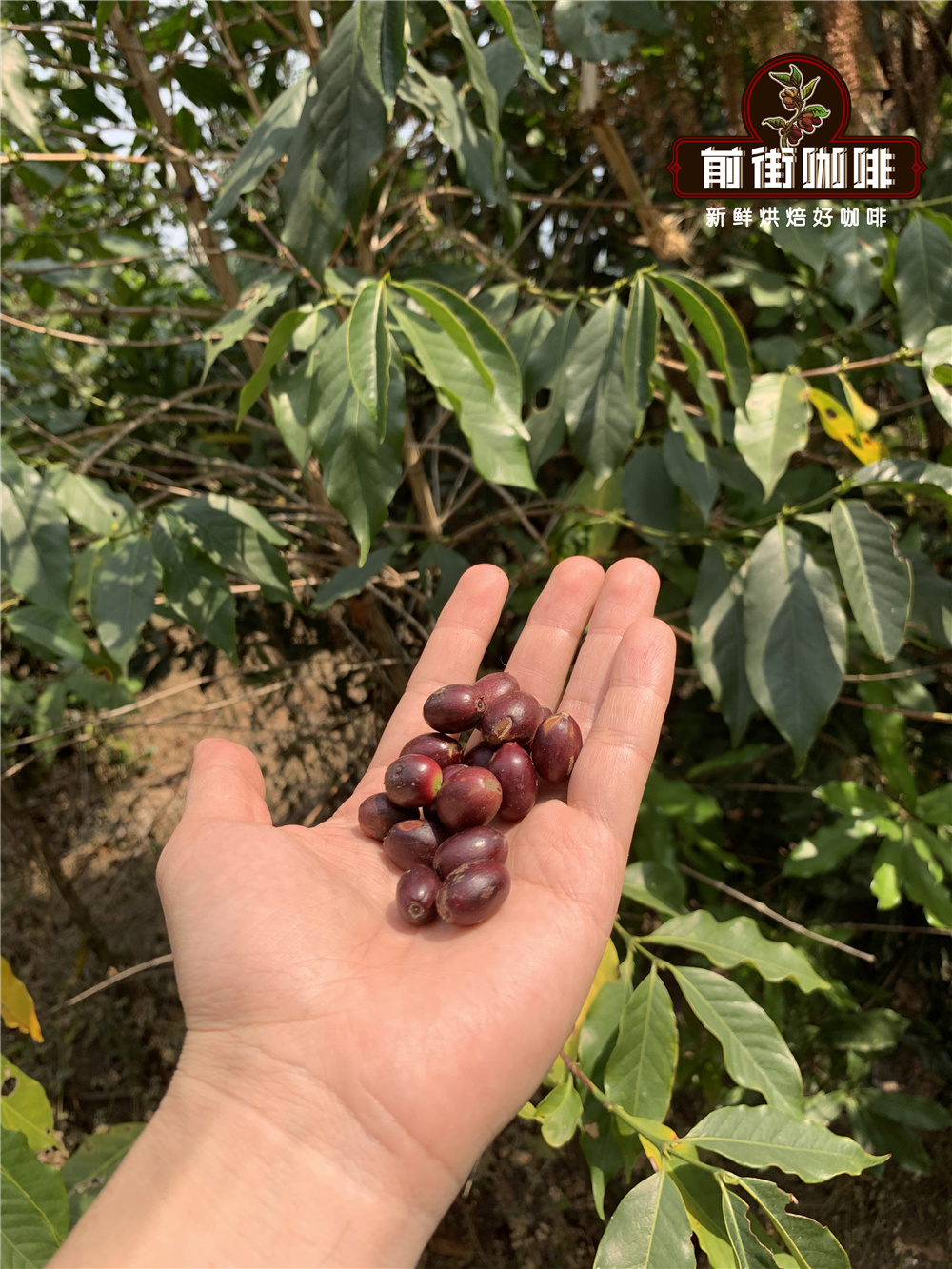
This year Qianjie brought the first batch of coffee fruits back to Guangdong for sun treatment.
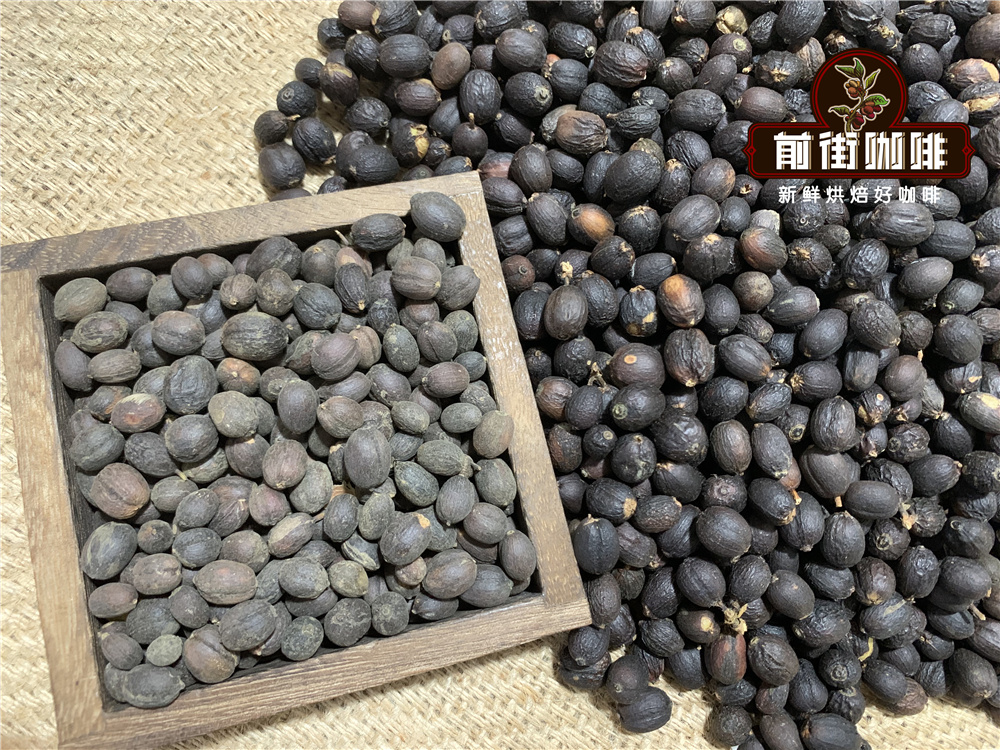
Yunnan coffee bean varieties
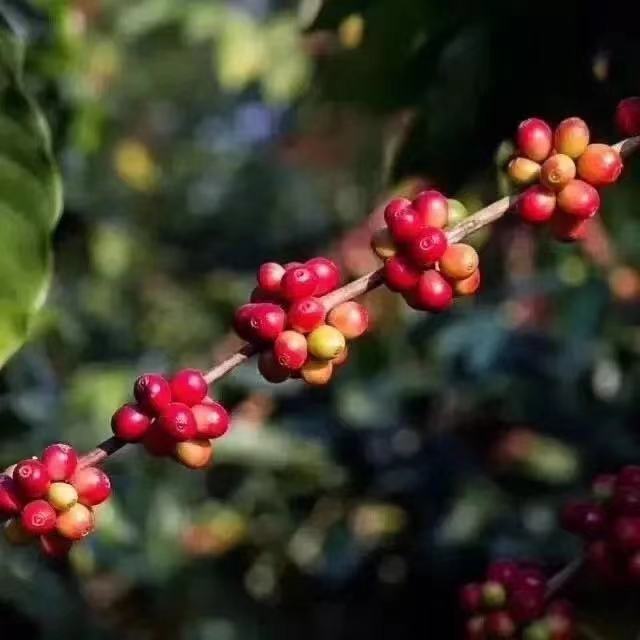
Small coffee originally refers to the kind of tin card. But later, with the reform and opening up of national policy and the arrival of big international brands such as Nestl é and Starbucks, the demand for coffee beans increased, while the iron card species had low disease resistance and low yield. in addition, Nestl é and other companies promoted and planted Katim varieties with high disease resistance and high yield in Yunnan, many coffee farmers cut down the elegant tin cards for profit and planted Katim instead. Now 90% of the coffee in Yunnan is Katim, also known as small-grain coffee. (iron pickup and Katim both belong to small grain Arabica coffee. Nowadays Yunnan small grain coffee generally refers to Katim)
The Katim variety is derived from a cross between the Timor variety with the Robusta gene and the Kaddura species. Because Katim has Robusta's genes, Katim will have a bit of a bad smell, not as bad as the iron pickup.
This homemade coffee in Qianjie is named "Qianjie 2013" to commemorate the beginning of Qianjie's exploration of coffee. This batch of coffee beans are all iron pickup beans, which is what we often call the ancient Arabica coffee with excellent flavor. Qianjie uses the sun treatment technology to ensure the pure natural flavor of coffee. After drying, the shell is not removed immediately, but is transported to the baking plant in Qianjie in Guangdong to remove the shell, which can reduce the damage of raw beans in the course of transportation. This Yunnan coffee bean is roasted moderately in Qianjie. The cup test shows the flavor of ripe fruit, chocolate and brown sugar.
Brewing parameters of Yunnan Sun Iron pickup Coffee in Qianjie
Filter cup: V60
Water temperature: 88 ℃
Amount of powder: 15g
Powder / water ratio: 1:15
Degree of grinding: fine sugar thickness (Chinese standard No. 20 screen pass rate 80%)
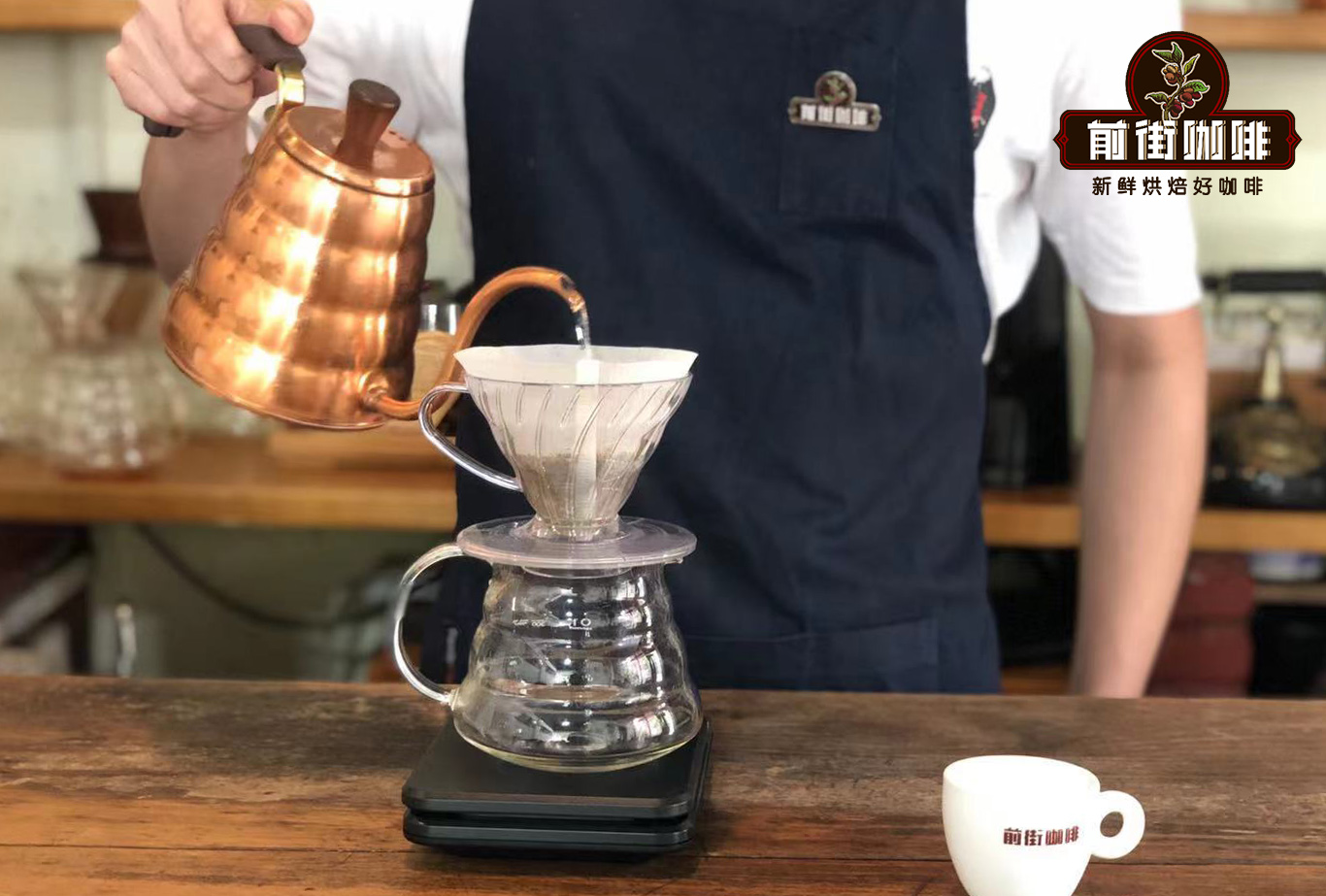
Qianjie cooking technique: segmented extraction. Steam with 30 grams of water for 30 seconds, small flow circle injection to 124 grams, continue to inject water to 227 grams when the water level is about to be exposed to the powder bed, remove the filter cup when the water level is about to expose the powder bed, and the extraction time is 2 minutes.
Taste description: Yunnan sun iron pickup coffee also has nutty tonality, tastes stronger than washed Yunnan coffee, slightly lower acidity and water washed iron pickup Yunnan coffee, but slightly more sweet, higher sense of balance, berry-like acidity, mixed with brown sugar, and a slight sense of tea.
Brewing parameters of Yunnan small Coffee in Qianjie
Filter cup: V60
Water temperature: 88 ℃
Amount of powder: 15g
Powder / water ratio: 1:15
Degree of grinding: fine sugar thickness (Chinese standard No. 20 screen pass rate 80%)
Qianjie cooking technique: segmented extraction. Steam with 30 grams of water for 30 seconds, small flow circle injection to 124 grams, continue to inject water to 227 grams when the water level is about to be exposed to the powder bed, remove the filter cup when the water level is about to expose the powder bed, and the extraction time is 2 minutes.
Taste description: Yunnan small grain coffee has a nutty aroma, tasting with herbal, chocolate, caramel flavor, with a touch of acidity in the finish.
Professional coffee knowledge exchange more coffee bean information please follow the coffee workshop (Wechat official account cafe_style)
For more boutique coffee beans, please add private Qianjie coffee on Wechat. WeChat account: kaixinguoguo0925
Important Notice :
前街咖啡 FrontStreet Coffee has moved to new addredd:
FrontStreet Coffee Address: 315,Donghua East Road,GuangZhou
Tel:020 38364473
- Prev
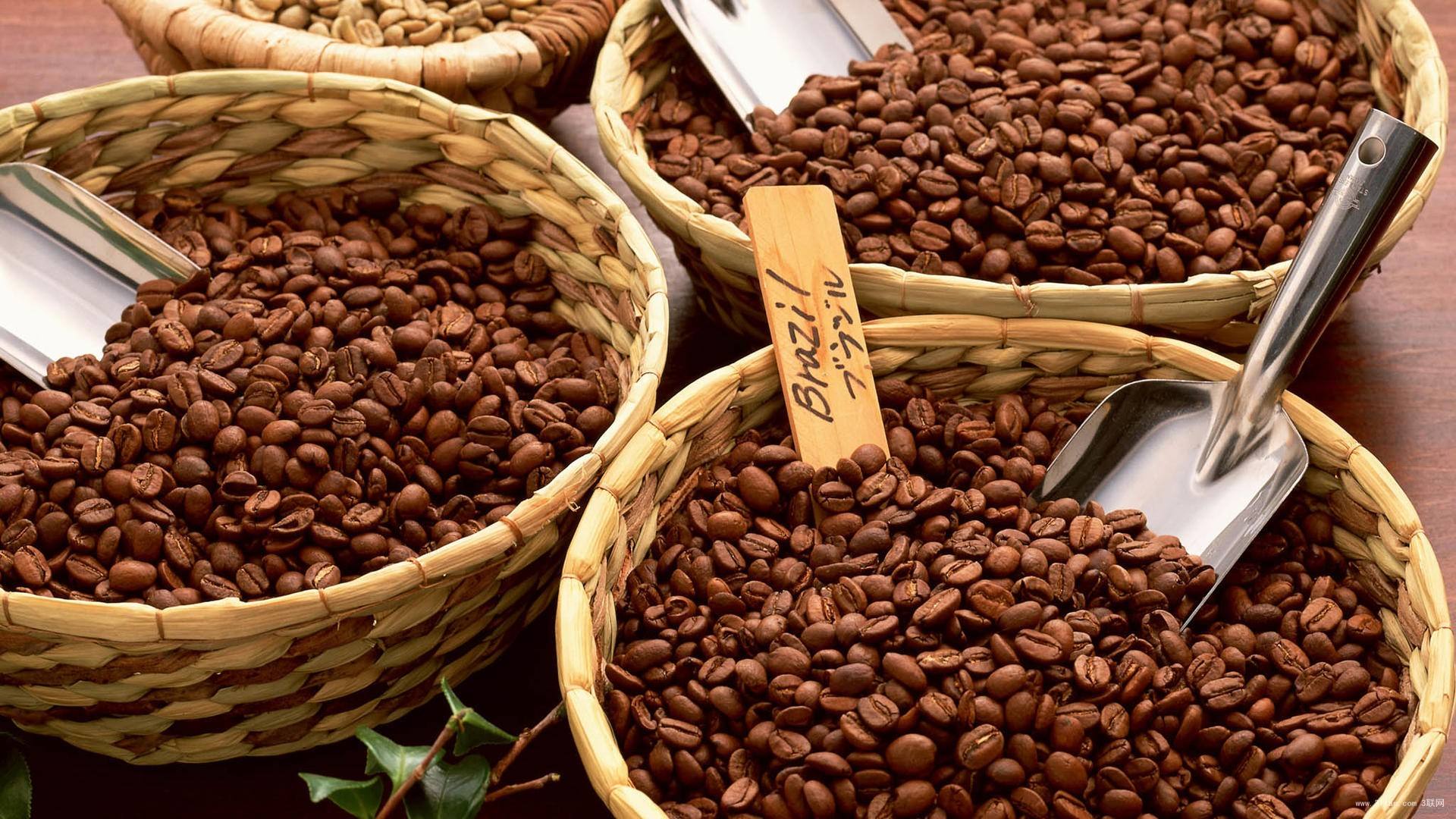
Description of the taste of coffee bean varieties in Yunnan Pu'er, the best coffee producing area in China
Follow the caf é (official Wechat account vdailycom) found that the beautiful cafe opened a small shop of its own Yunnan coffee geographical environment most areas of Yunnan coffee cultivation in 1000-2000 meters above sea level, the terrain is mainly mountainous, sloping land, and ups and downs, fertile soil, sufficient sunshine, rich rainfall
- Next
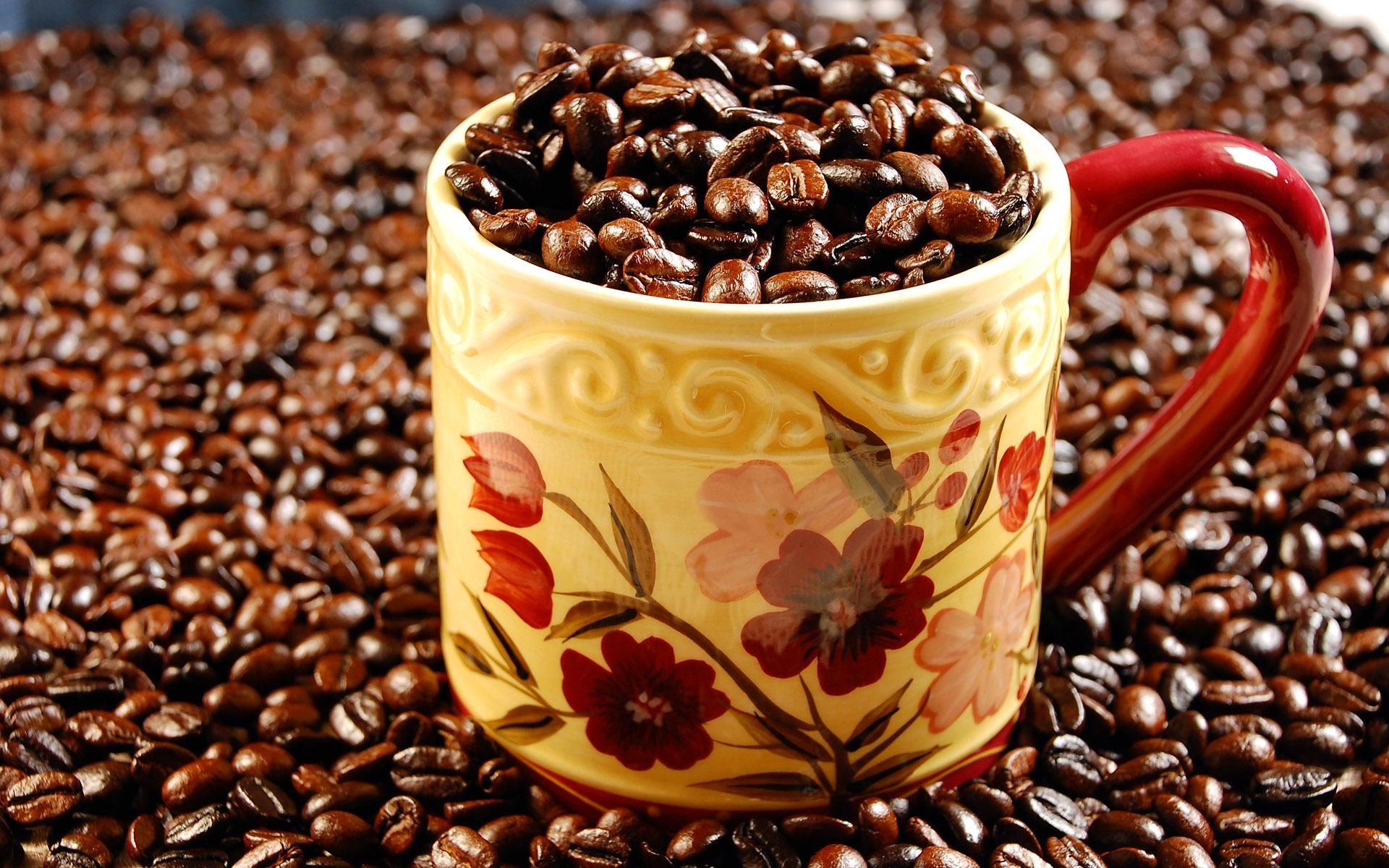
Yunnan Coffee varieties, Post Valley Yunnan Coffee introduction
Following Cafe Review (Wechat official account vdailycom) found that Beautiful Cafe opened a small shop of its own. How many kinds of coffee do you have in Yunnan? The two classic high-quality coffee varieties, Tieka and Bobang, are the main varieties of coffee in Yunnan. In 1991, the Katim series was introduced from Kenya, which has stronger anti-virus ability and higher yield. At present, the most widely planted in Yunnan
Related
- Detailed explanation of Jadeite planting Land in Panamanian Jadeite Manor introduction to the grading system of Jadeite competitive bidding, Red bid, Green bid and Rose Summer
- Story of Coffee planting in Brenka region of Costa Rica Stonehenge Manor anaerobic heavy honey treatment of flavor mouth
- What's on the barrel of Blue Mountain Coffee beans?
- Can American coffee also pull flowers? How to use hot American style to pull out a good-looking pattern?
- Can you make a cold extract with coffee beans? What is the right proportion for cold-extracted coffee formula?
- Indonesian PWN Gold Mandrine Coffee Origin Features Flavor How to Chong? Mandolin coffee is American.
- A brief introduction to the flavor characteristics of Brazilian yellow bourbon coffee beans
- What is the effect of different water quality on the flavor of cold-extracted coffee? What kind of water is best for brewing coffee?
- Why do you think of Rose Summer whenever you mention Panamanian coffee?
- Introduction to the characteristics of authentic blue mountain coffee bean producing areas? What is the CIB Coffee Authority in Jamaica?

